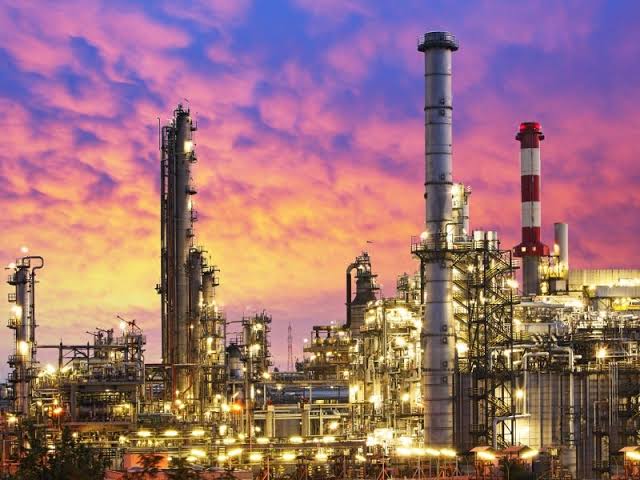In a continued effort to ease economic pressure on businesses and consumers, Dangote Petroleum Refinery & Petrochemicals has reduced its diesel price to N1,020 per litre, down from N1,075 per litre—a N55 reduction.
Since January 2024, when it began diesel production, the refinery has slashed prices multiple times from an initial N1,700 per litre, providing much-needed relief to manufacturers, transporters, and end users.
Dangote Refinery Absorbing Costs to Stabilize Prices
This latest price cut follows revelations by Development Economist and Public Policy Analyst, Prof. Ken Ife, who disclosed that the Dangote Petroleum Refinery sacrificed over N10 billion to ensure uniform petrol pricing across Nigeria during the Christmas season.
Speaking on Arise TV, Prof. Ife explained that Nigeria’s Equalisation Fund, which historically covered price differentials and transportation costs, has been owing petroleum marketers about N80 billion.
> “The president has effectively shifted the subsidy burden from the public purse to the private sector. The Equalisation Fund was designed to ensure uniform petroleum pricing nationwide by covering transport costs, but it now owes marketers over N80 billion. Despite this, Dangote Refinery absorbed over N10 billion in costs during the yuletide to maintain stable fuel prices,” he stated.
Nigeria’s Refining Landscape Changing with Export Growth
Beyond domestic price stability, Prof. Ife emphasized that the Dangote Refinery is reshaping Nigeria’s energy sector by shifting focus from Premium Motor Spirit (PMS) dependency to a diversified petroleum export market.
He noted that global energy giants like BP and Saudi Aramco are already purchasing refined products from Nigeria, solidifying the country’s role as an emerging player in the international petroleum market.
> “Nigeria is now on the path to self-sufficiency in petroleum products while also positioning itself as a major energy export hub,” Prof. Ife added.
Impact on Businesses and Consumers
The diesel price reduction is expected to bring down transportation costs, ease manufacturing expenses, and improve economic stability—a critical development for businesses dependent on diesel-powered operations.
With more price cuts anticipated, industry analysts believe that Nigeria’s refining sector is finally gaining traction, potentially reducing dependence on imported petroleum products and strengthening the naira.
As Dangote Refinery continues to expand its operations, the country is on track to achieving long-term energy
security and economic resilience.

